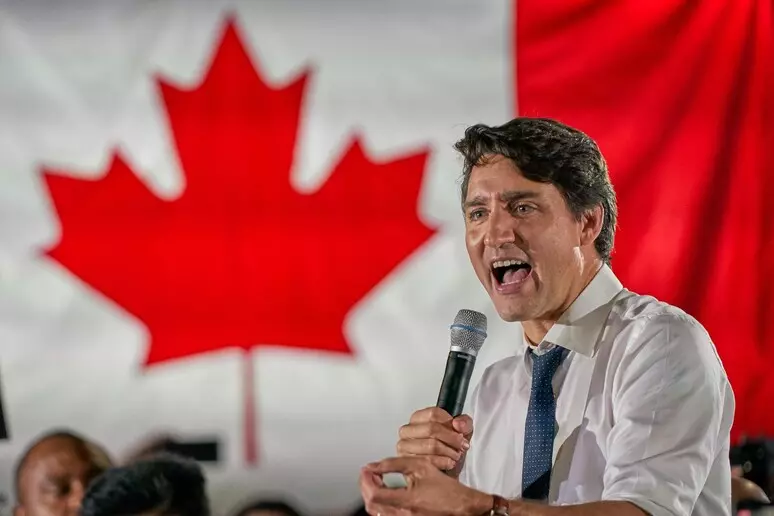Canada won’t just stand by. After U.S. President Donald Trump announced the implementation of new 25% tariffs on Canadian and Mexican goods, Ottawa responded with reciprocal measures. However, the trade retaliation is loaded with a deeper anxiety: if U.S. economic pressure continues to grow, citizens might face an unimaginable crossroads. The risk, increasingly feared by analysts, is that their country could end up being absorbed as the 51st U.S. state.
The Canadian government’s response was swift and firm. Prime Minister Justin Trudeau and Ontario Premier Doug Ford expressed their outrage at the new offensive. Ford, who had recently strengthened his political mandate with a crushing victory in Ontario’s special elections, announced drastic countermeasures, including the potential halt of electricity exports to the U.S., as reported by the Toronto Sun.
According to the provincial premier, Americans depend heavily on Canadian energy resources, and if the White House wanted to strike hard, the Maple Leaf state would be ready to respond with double the force.
Ontario plays a key role in the North American energy network, providing the U.S. with 93% of its electricity imports and a significant share of oil and natural gas. Ford stated that Canada would not remain passive in the face of a unilateral trade war and would make sure that Americans would “feel the pain” of their own decisions. His position found support from other local leaders, who emphasized that this is a battle that transcends political divisions: both the federal and provincial governments are united against the U.S. tariff threat.
Trudeau highlighted an alternative future for the two countries, saying on Tuesday that they “should be working together to ensure even greater prosperity for North Americans in a very uncertain and challenging world.” The Canadian leader also made room for a jab at the American president: “even though you’re a very smart guy, this is a very dumb thing to do.”
Trump, however, does not seem to show any signs of backing down. The GOP leader confirmed that the new tariffs would take effect immediately and reiterated that there was no room for further negotiations. He also urged automakers to move their factories to the U.S. to avoid tariffs and attributed the trade crackdown to the need to fight drug trafficking across the border.
Although the economic tension between the two countries is now evident, Canadians are growing uneasy: the possibility that this escalation could lead the country to a gradual erosion of its independence. Some observers fear that if the state were to enter a deep economic crisis due to protectionist measures, it might become increasingly dependent on Washington, to the point of no return.
British Columbia Premier David Eby recently told the BBC that many Canadians view Republican policies as an “existential threat.” Eby explained that they must take Trump seriously, as “what he says, he intends to do.” When he talks about Canada as the 51st state, they see that statement as a “threat.” Even Premier Trudeau has firmly responded, emphasizing that “there is no possibility of Canada joining the United States.”












